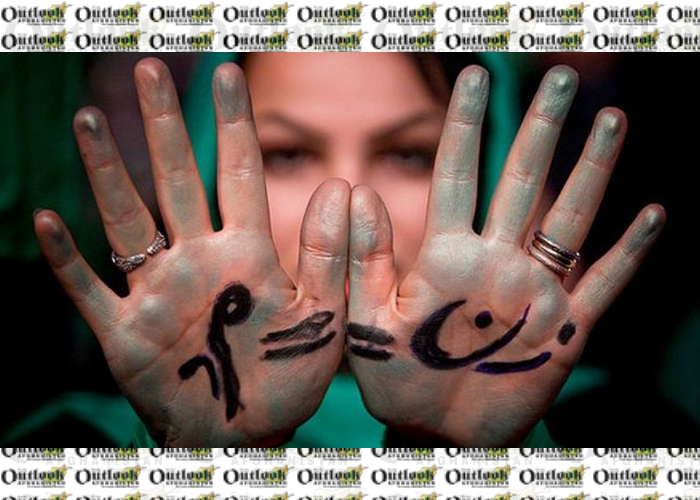Violence against women and girls is a problem of pandemic proportions. It is said that at least one in three women in the world has suffered from violence, usually by someone known to her. In many societies, bias in the legal system and community attitudes add to the trauma.
The stories of Aisha and Sahar Gul are also haunting in minds of Afghan women. Sahar Gul, had been married at the age of 12 – her husband was considerably older – then brutally assaulted by him and his family. She was rescued by Afghan Police, in 2012, from a cellar where she had been imprisoned and starved. Her injuries were horrific – her nails had been pulled out and she had been burned with cigarette butts. She almost died. Describing the abuses against her, Sahar explained how she was tortured with hot pokers and tied up in the basement by her husband’s family. She says, “When they put electric shocks on my feet, I felt like I was going to die at that moment. I screamed and that’s how our neighbors realized there was something happening. For one day and night I was unconscious, feeling dead.” Her story shocked people around the world and led to outrage in Afghanistan, where treatment of women is always under scrutiny.
Aisha Mohammadzai is also an Afghan woman whose mutilated face appeared on the cover of Time magazine in summer 2010.
In a practice known as baad, Aisha’s father promised her to a Taliban fighter when she was 12 year old as compensation for a killing that a member of her family had committed. She was married at 14 and subjected to constant abuse. At 18, she fled the abuse but was caught by police, jailed, and returned to her family. Her father returned her to her in-laws. To take revenge on her escape, her father-in-law, husband, and three other family members took Aisha into the mountains, cut off her nose and her ears, and left her to die. Aisha was later rescued by aid workers and the US military. Some sources disputed the role of any members of the Taliban in her mutilation at the time it happened.
Aisha was featured on the August 2010 cover of Time magazine and in a corresponding article, “Afghan Women and the Return of the Taliban.” The cover image generated enormous controversy. The image and the accompanying cover title, “What Happens if We Leave Afghanistan,” fueled debate about the merits of the Afghan War.
This question still arises in the minds of Afghan women that what happens if foreign forces leave Afghanistan? It is feared that the relatively democratic system will be replaced by the Taliban-style administration. Then, Afghanistan will retrace its history which is replete with war, violence and bloodshed. Hence, the withdrawal of foreign forces is one of the most worrisome issues for Afghan women. The attitude of Taliban towards women is crystal clear. Afghan women suffered severely during the Taliban’s regime. They were widowed, flogged in desert court, imprisoned within the four walls of their homes and were not allowed to join social, educational, cultural, or political arenas at all.
I justify them to be worried. Even after the collapse of Taliban’s regime, we can see their cruelty towards women. In recent years, a number of female workers, politicians, MPs, police officers, judges, and journalists have been assassinated in many provinces as the Taliban targeted them systematically.
On day-to-day basis, the Taliban are engaged in killing civilians, including women. They are deprived women from their rights to education in areas under their control. Girls’ schools are closed in the Taliban-dominated areas. Women are more vulnerable to violence and bloodshed as the Taliban still exercise misogynistic view and treat women as an inferior creature.
The US and its international allies seem less concerned to the ongoing conflict, which is likely to undo the achievements made within the last couple of decades, mainly regarding women’s rights and liberties. The Taliban are likely to revive the Islamic Sharia once they imposed on the public in 1990s.
The Taliban have not only not moderated but seem to be further radicalized as they carry out indiscriminate attacks and engage in shooting spree. They occupy residential houses during the fighting without regard to humanitarian law or international instruments. To the unmitigated chagrin of the Afghan people, the UN and Afghanistan’s international allies take no practical steps in curtailing the violation of human rights and humanitarian law perpetrated by the Taliban militants.
Home » Opinion » Why Violation of Women’s Rights is no More Shocking to the World?
Why Violation of Women’s Rights is no More Shocking to the World?
| Hujjatullah Zia

